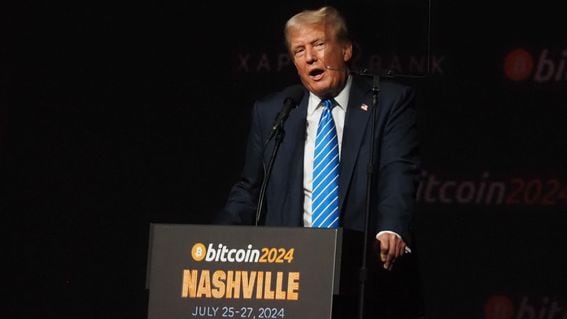2023 has been a pivotal year for the global economy, marked by heightened geopolitical tensions and a challenging economic landscape. The year’s events have served as a reality check, profoundly questioning the longstanding belief that economic interdependence invariably leads to peace and stability. This year’s unfolding events have starkly highlighted the intricate and often tumultuous relationship between global economic dynamics and geopolitical stability.
Economic Interdependence and Geopolitical Tensions
The year witnessed disturbing conflicts and escalations in various parts of the world. The war in Ukraine, tensions in the South China Sea, and escalating violence in the Israel-Palestine region not only disrupted peace but also exposed the fragility of the post-Cold War international order. These conflicts, occurring at the borders of the former Soviet Union, the Middle East, and East Asia, raise critical questions about the stability of these regions.
The role of major powers in these conflicts has been significant. The involvement of Russia in Ukraine, its connections with Iran, and China’s support for Russian and Iranian interests have been evident. This complex web of relationships and interests underscores the geopolitical challenges in establishing a stable, rules-based international order.
However, looking beyond these geopolitical chess moves, it’s essential to understand the economic underpinnings of these tensions. Post-Cold War, there was a robust push to anchor peace through economic means. The notion of “Wandel durch Handel” (transformation through trade) guided Western policymakers, who believed in the power of economic integration to tame geopolitical rivalries.
This approach bore fruit in several regions. The US and China formed an economic unit dubbed “Chimerica,” Russian Westernization transformed millions of lives, and a Western-oriented elite in the Middle East reshaped regional politics. Economic growth in Israel and the Abraham Accords between Israel and the United Arab Emirates are examples of how economic cooperation can lead to peaceful relations.
The Flip Side of Economic Growth: Fuelling Rivalries
Despite these successes, the vision of peaceful economic interdependence has faced significant challenges. Political violence has repeatedly disrupted this vision. In the Middle East, the second intifada and subsequent radicalization of groups like Hamas, Russia’s aggressive stance in Georgia in 2008, and China’s growing emphasis on military power under Xi Jinping all reflect the limitations of economic peace.
The global economy itself is not a neutral force; it has often provided the resources for conflict. Russia’s energy exports continue to fund its military endeavors despite Western sanctions. China’s deep economic integration and rapid growth make it a challenging target for sanctions while propelling it towards becoming a military superpower. In Israel, economic strength has been a strategic focus to ensure resistance against foreign pressure.
Economic growth has not only fuelled rivalries but also exposed vulnerabilities. The 2008 financial crisis emboldened nations like China, while Ukraine’s economic struggles precipitated the Maidan crisis. In the Middle East, Palestine’s economic fragility has further complicated the Israel-Palestine conflict.
Rethinking the Economic Peace Formula
The global events of 2023 have demonstrated that economic interconnection does indeed drive significant social, economic, and political change. However, the notion that this interdependence automatically leads to a Western-favored order was overly simplistic. The year has shown that economic ties can both foster cooperation and exacerbate tensions, depending on how they intersect with regional and global politics.
Bottomline is 2023 has been a year that forced a reevaluation of the relationship between the global economy and peace. The intertwining of economics and geopolitics is complex and multifaceted, and the simplistic idea that economic growth alone can ensure peace has been challenged. As we move forward, a more nuanced understanding of global economic dynamics and their impact on geopolitical stability is essential. The year’s events underscore the need for careful navigation of these interconnected realms to foster a more stable and peaceful global order.





